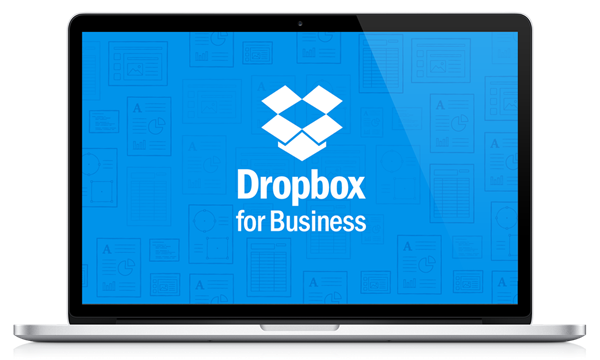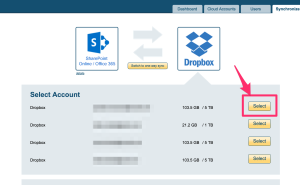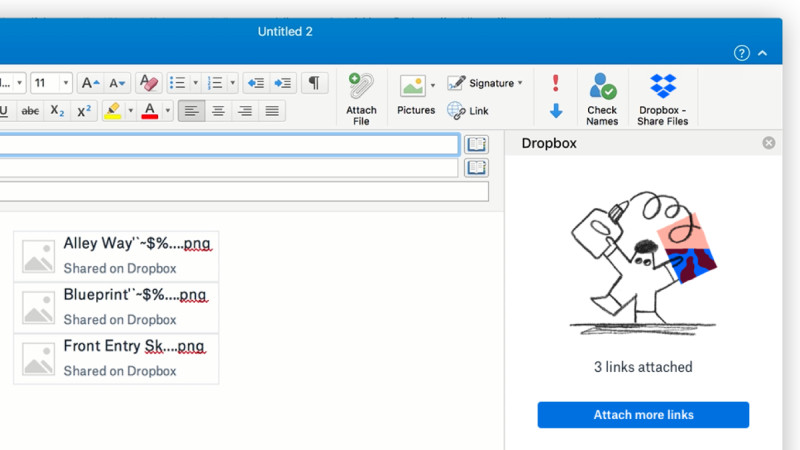

So basically, you don't really need a shared calendar. Now a community calendar works in reverse, you all have your events in your personal calendar, and you copy the event from your calendar into the "shared calendar" where other people can see it. In this scenario there is no shared calendars that everyone uses (HUGE CAVEAT BUT BEAR WITH ME), only folders in shared mailboxes with events that you copy to (and from) your personal calendar. You always copy events that exist elsewhere to your own calendar. In MS365 calendars are your personal thing. The only difference between a calendar folder and a mail folder is the way outlook displays the data. They are all structured messages in a folder. An email has From, To, Subject, Body etc and a calendar event has To, From, Subject, Body and Time. In Exchange Calendars are just mail folders with mail messages that have different fields than an email. This is the one feature that works better (or at least the way people expect) on Google. They need to spend their time focused on clients who require 3rd party business line applications, because that is where they can add the most value and make more profit.So this is basically the worst request to get from people who don't understand how calendars work and are used to Googles hobbled together suite. Whether it’s your service or someone else’s solution there are not enough gross profit dollars for MSPs to target these types of clients anymore.


If you go back and look at the blog, the point is that in the past MSPs made a lot more money servicing the types of businesses that just require Office, Exchange and a file sever. MSPs need to make their money where ever they can, they just need to realize where to spend their sales efforts based on their projected return. But, please understand that I am not saying MSPs should surrender any business to any vendor or solution. And I am sure your product is very good at the $50/user/year price point for a 20 person company I see on your website. That’s certainly a lot of options in one space. According to analysts from the 451 Group, there are approximately 130 companies worldwide that offer some version of file/sync/share.


 0 kommentar(er)
0 kommentar(er)
